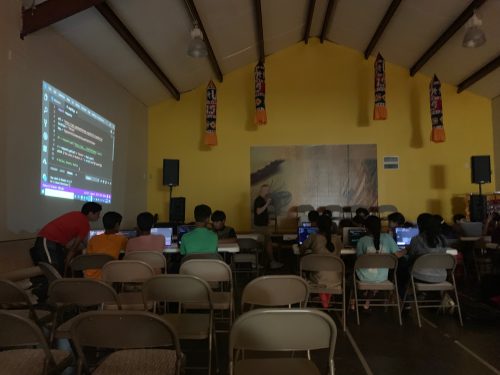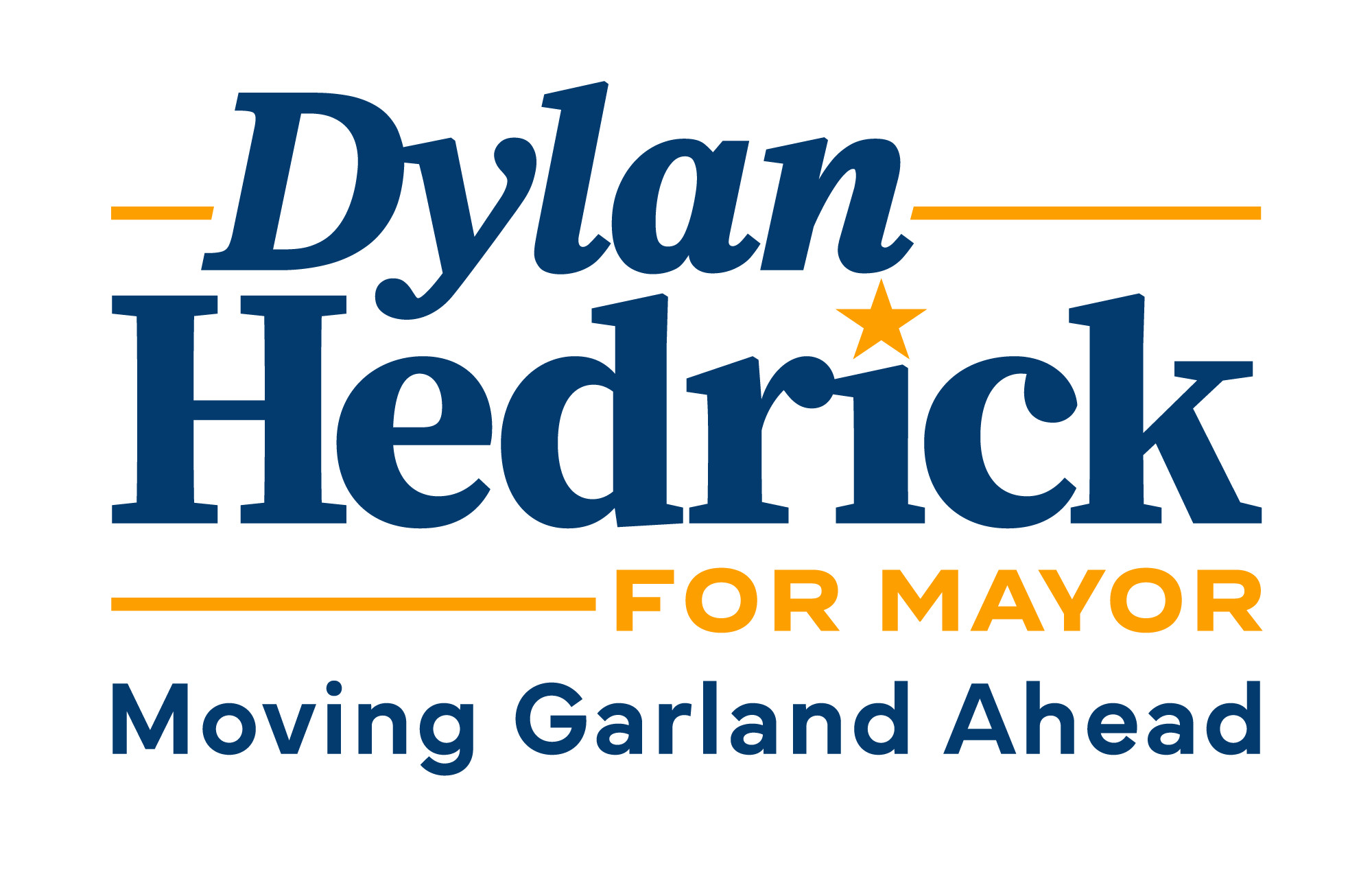On Sunday May 19, 2019, I was invited by Ravi Venka to attend the graduation celebration of the Love to Share Foundation’s Computer Programming Technology and AI class. The Love to Share Foundation’s mission is to empower local communities across United States to promote and advance STEM (Science, Technology, Engineering and Math) as an exciting career choice for the under-privileged and under-represented segments of middle and high school student population.

Their local Garland classes taught about 20+ students the fundamentals of web technology; web page programming in HTML 5; JavaScript and CSS; cyber-security controls, cyber threat identification and mitigation; and introduction to Python and machine learning. When I spoke with the students, one of the favorite activites was playing with the programming and integration of AI platforms such as Amazon’s Alexa smart speakers.
Please contact the Love To Share Foundation if you would like to join their coding club or learn more about their organization:
Sponsoring Non-Profit – http://lovetosharefoundation.org/
Tech chapter in Garland – http://lovetosharefoundation.org/l2s-coding-club/
Below is the text of my speech to the Love to Share Foundation:
Thank you for inviting me here today to speak with you. Ravi Venka reached out to me earlier this week and I happy to be here for your graduation ceremony.
I was just elected on May 4 to the Garland City Council and as I begin my first term, one of the big benefits of the position is that I get to learn about organizations such as the Love to Share Foundation. I am so proud to have this kind of organization here in Garland.
I am a civil engineer myself, and along with my wife Katie who is a PhD math professor at SMU, we know the value of STEM education. What I do everyday as part of my civil engineering career – designing water, wastewater and storm systems, roadways, and infrastructure – involves math and science. The basic understanding of engineering fundamentals like how water flows through pipes or what the compressive strength of concrete is can be broken down into basic equations coming from a fundamental understanding of math and science.
Or take my wife’s research in computational neuroscience. She uses the Matlab programming language to model the interactions of neurons within the brain. She is trying to model be basics of brain functions and thought and what makes us human.
But its not just the math, science and coding skills that you learn in a STEM education. In college, I remember the satisfaction and sense of accomplishment I felt when, after hours of tweaking and debugging and compiling and getting that semicolon in just the right place, my C++ code finally did what I wanted it to do.
Or more recently, when I took a free online introduction to Interactive Programming in Python course through Coursera and was able to recreate the classic arcade game Pong.
It was those soft skills like communication, team work, critical thinking, problem solving and creativity that I developed also as part of my STEM education that programs like the one here at the Love to Share Foundation help build.
The ability to look a problem with the end in mind – like how I wanted the paddles to move up and down the ball to bounce back and forth in Pong – and then think creatively and systematically to get to the answer – a completed game – will serve you all well in your future endeavours. Those skills have allowed me to succeed in my career as an engineer, and now I will use as a councilman to help build the Garland community I love.
I encourage all of you to always keep learning and striving to get better. Keep that curiosity and spirit of innovation alive and I wish you all the best as you continue your STEM education.
At the end of each post, I will put a song. Let’s keep this fun.
